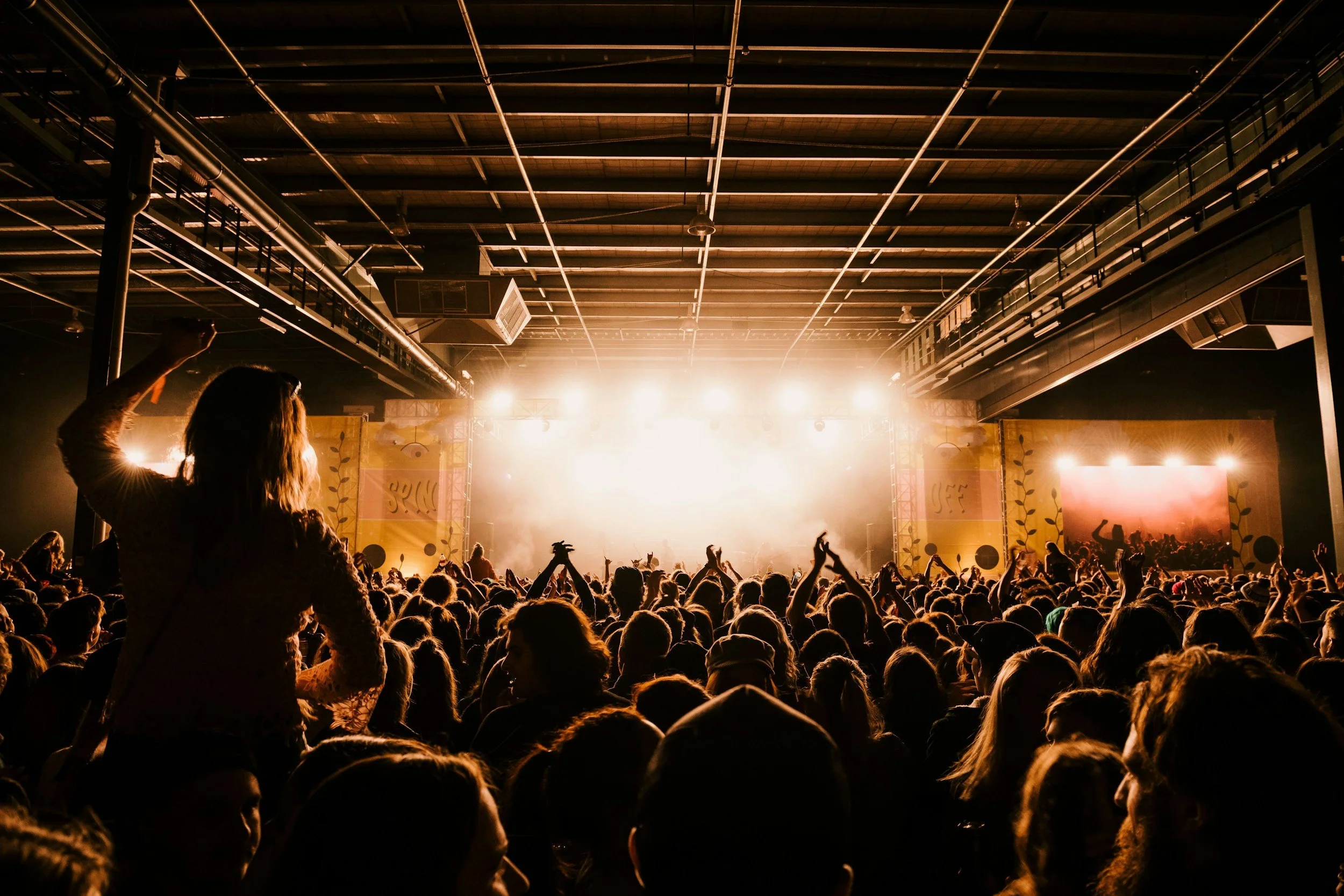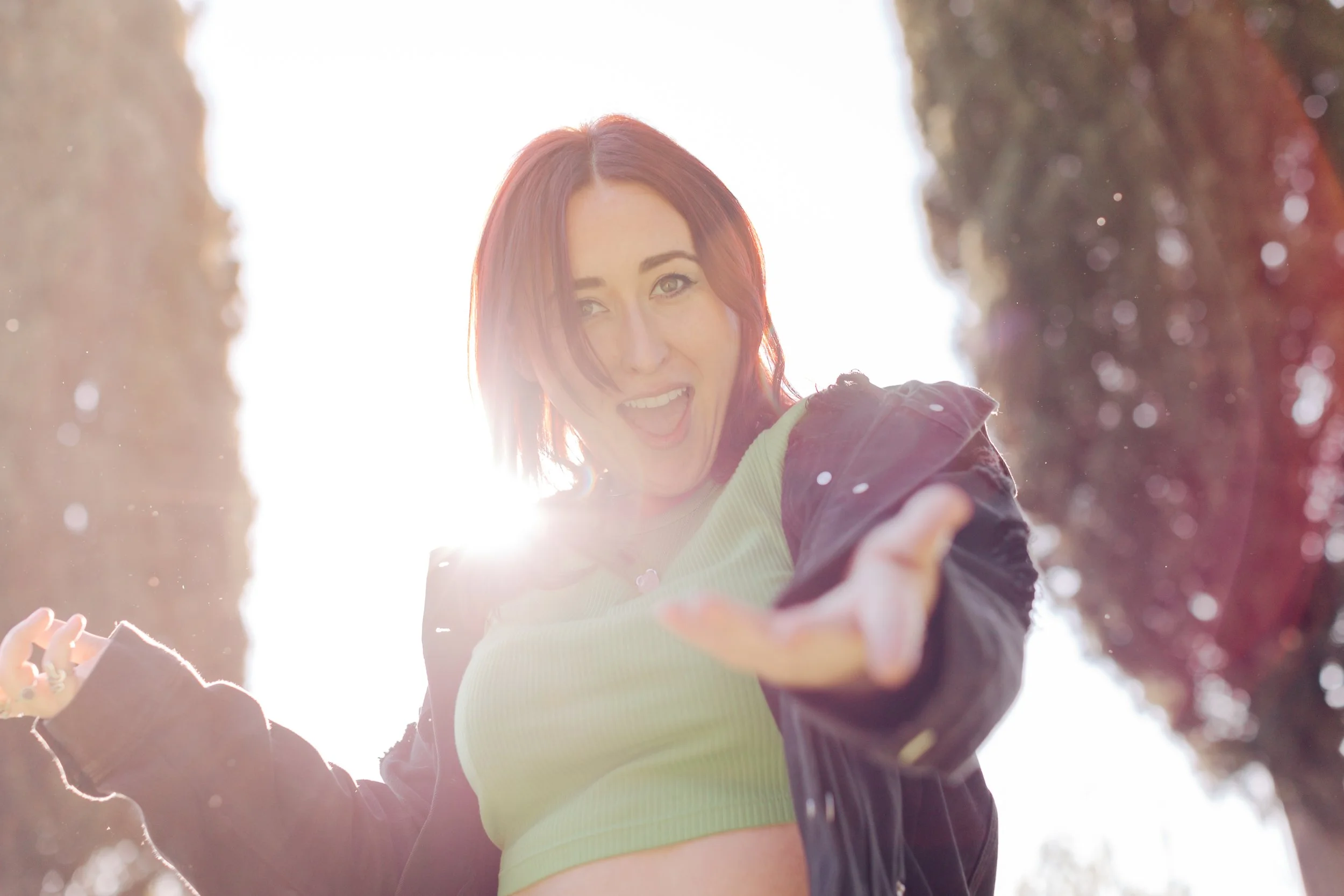You got in for the love of music.
You stayed for the feeling, the rooms, the momentum. The community.
And now? You’re not sure where it all went.
Maybe you built something big.
Maybe you won.
But the backstage feels hollow.
The hits don’t hit the same.
The world is burning, and you’re wondering what you’ve really built.
This post is for you.
The Industry Took the Magic. Songwriting Can Give It Back.
Before the metrics, before the money, before the market share —
There was a feeling.
You heard something that cracked you open.
You wrote something that made your chest ache in a good way.
You knew, in some part of your bones, that music could change things.
It still can.
But not from the top down.
Not from the branding meetings or the tour budgets.
From the ground.
From the gut.
From the grief.
From the truth.
When You Have Everything — Except Meaning
Here’s what I’ve learned :
The people with the most success are often the most quietly starving for depth.
Not content. Not collabs. Not fame or glory.
Meaning. Purpose. Sacredness. Something that can’t be monetized.
You can’t scale soul.
But you can reconnect to it.
You can write a song that doesn’t make the charts but changes your life.
You can create something that isn’t part of your brand — but feels like you again.
And maybe that’s what the world needs from you now.
Not another viral track.
Not another “platform.”
Just your actual voice. Your listening. Your discomfort. Your imagination.
What If Music Could Still Save Us?
We need to actively shape our relationship to songs.
As a ritual.
As resistance.
As prayer.
As a place to ask real questions, like:
What is my voice for?
What stories have I stopped telling?
Who could I be if I stopped trying to win?
What could I build if I wasn't building for applause?
Because right now, the world doesn’t need another mogul or celebrity.
It needs elders. Listeners. Risk-takers. Builders of new scenes, new sanctuaries.
And it needs songs that sound like truth, not product.
You already have the resources.
So the question becomes: do you have the courage?

